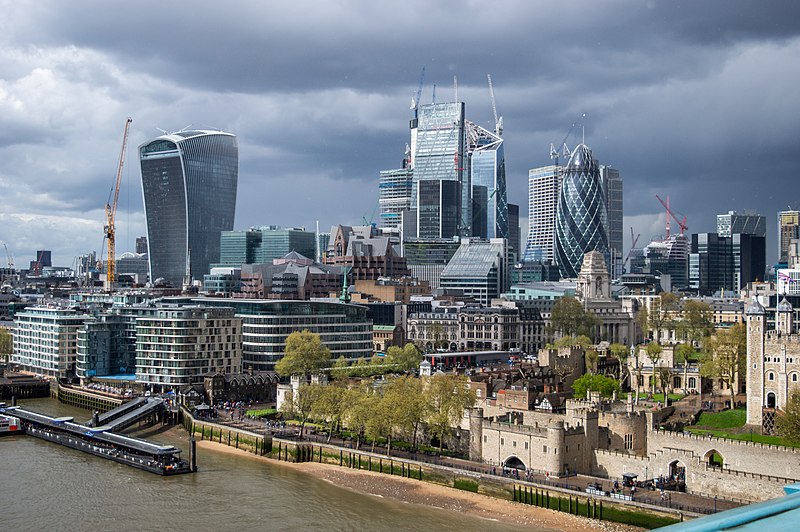
Analysts are forecasting a smaller contraction in output for the UK economy this year due to falling energy prices and better than anticipated business and consumer sentiment.
According to data from Consensus Economics, which polls leading forecasters, in December and January, economists expected gross domestic product to drop by 1% this year. However, the latest data from the week of February 20 shows that economists are upgrading their forecasts. The average forecast now involves a 0.6% fall in GDP in 2023.
The UK recorded better economic news last week, with the latest S&P Global/Cips flash composite purchasing managers’ index showing that British business activity rebounded in February after six months of declining output. Consumer confidence in February also reached its highest level in almost a year, according to research group GfK. Additionally, official data about the public finances showed that Chancellor Jeremy Hunt was on course to net a windfall of £30bn after the UK recorded a surprise surplus in January.
While the cost of living crisis is far from over, and the Bank of England could raise interest rates further to curb inflation, there has been a sharp fall in wholesale energy prices. This has led to an improved outlook for the UK economy. The UK wholesale gas price is now below £1.30 a therm, which is half the price of mid-December and down from a peak of £5.95 last August.
Given the better economic news and falling energy prices, Liz Martins, an economist at HSBC, has said that “it is now plausible that there is no recession at all”. “That would be a remarkable result given the scale of the energy shock and monetary tightening that we have had,” she added.
Allan Monks, economist at JPMorgan, estimates the economy will expand by 0.4% this year, partly owing to lower energy prices. Ellie Henderson, economist at Investec, said “the fall in energy prices is the sunshine on a cloudy day” for the economy because it eased pressure on businesses and households.
Lower wholesale gas prices mean that the government’s cap on household energy bills has become less expensive for ministers. This has fuelled expectations that Chancellor Jeremy Hunt may not proceed with plans to raise the cap from its current annual level of £2,500 to £3,000 in April.
In conclusion, the UK economic outlook for this year has improved due to falling energy prices and better than anticipated business and consumer sentiment. While the cost of living crisis is far from over, the sharp fall in wholesale energy prices has eased pressure on businesses and households, leading to a brighter outlook for the UK economy. Photo by Tristan Surtel, Wikimedia commons.




































